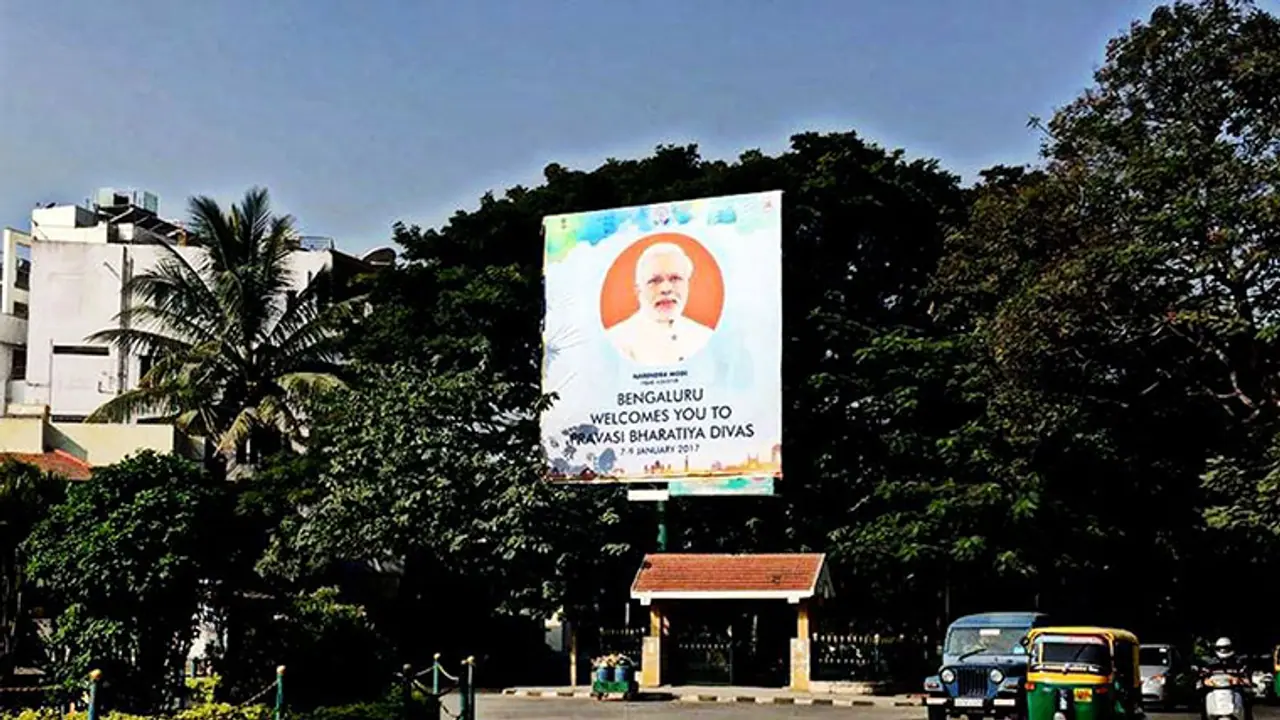This year’s celebration of the Indian diaspora is being held in Bengaluru from January 7 to 9. The Central government considers it a flagship convention to connect with NRIs and PIOs. The condition of NRIs, and the nature of issues they face, across the world has seen little improvement.
From January 7 to 9, we will see the Central and Karnataka governments keep political enmity aside and engage in a lovefest, as they play eager hosts at the annual Pravasi Bharatiya Divas (PBD), being held in Bengaluru. More than 6,000 NRIs, persons of Indian origin (PIOs), and other groups are expected to attend the event.

While Prime Minister Narendra Modi, scheduled to address the event on January 8, will attempt to reignite his charm among NRIs, the Karnataka State Government wants to use the occasion to salvage its image following criticism of the poor handling of the mass molestation events in Bengaluru on New Year’s Eve. The latter is rolling out an NRI investment policy, in addition to presenting the choicest biriyani and filter coffee flavours, according to the New Indian Express.
Also read: Will Pravasi Bharatiya Divas restore Bengaluru's fame?
However, amid all the charm, the question needs to be asked: What purpose does the PBD serve? While Foreign Minister Sushma Swaraj has made news for her proactive approach to helping individual Indians in need, has the government apparatus as a whole evolved to being more responsive to the needs of NRIs? Many Indians living or travelling overseas complain that Indian embassies and consular missions remain slothful in even routine matters such as passport renewal, registration of births and deaths and emergency assistance to citizens.
Let’s take the state of affairs of Indian citizens in just one country: the UAE, where around 2.8 million Indians live. Even when PM Modi declared that the Abu Dhabi Government had allocated land for a Hindu temple during his visit in 2015, the condition of Indian labourers in that country remained (and remains) precarious. While lakhs of families in India depend on the remittances of these labourers, the workers themselves continue to live and work in appalling conditions.
Even the recent demonetisation exercise has hit NRIs hard. While the government has extended the exchange scheme for demonetised notes held by NRIs to June 30, they need to come to India to avail of this facility. The government not empowering banks or currency exchanges overseas to exchange demonetised notes has meant that a large number of poorer NRIs, who can’t travel to India yearly, will be left with bundles of worthless money.
Like all things related to governance, even NRI affairs aren’t immune to political shadowboxing. The Ministry of Overseas Indian Affairs was launched with great fanfare in 2004 by the UPA government and was last overseen by Congress veteran Vayalar Ravi. The ministry was supposed to be dedicated to diaspora-related issues. One of the first acts of the Modi government was to announce that the Ministry of Overseas Indian Affairs would be amalgamated with the External Affairs Ministry!
The PBD is a useful platform to celebrate the achievements of our diaspora and reconnect with them. But notable improvements in mundane things like routine consular assistance can change an NRI’s opinion about his country’s commitment to him more effectively than a single annual summit, which the vast majority of the diaspora is unlikely to ever attend.
